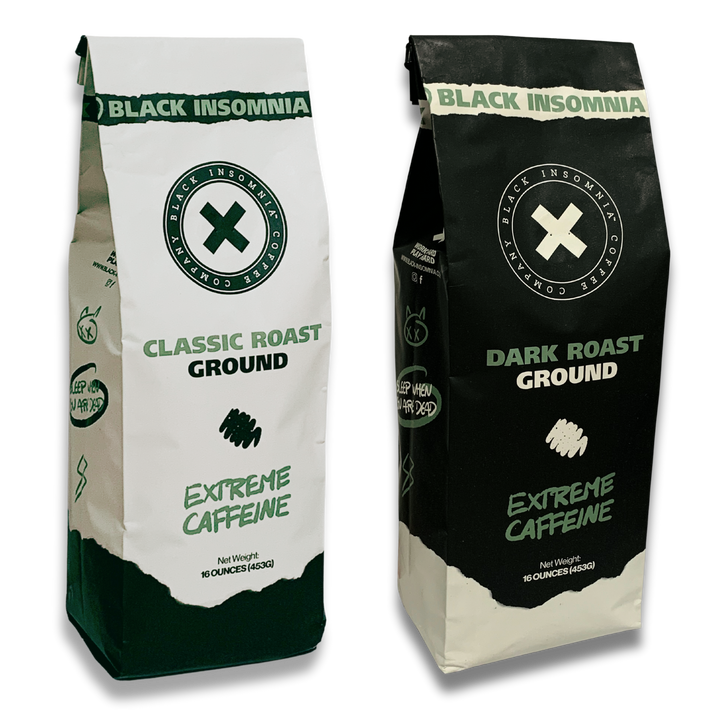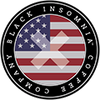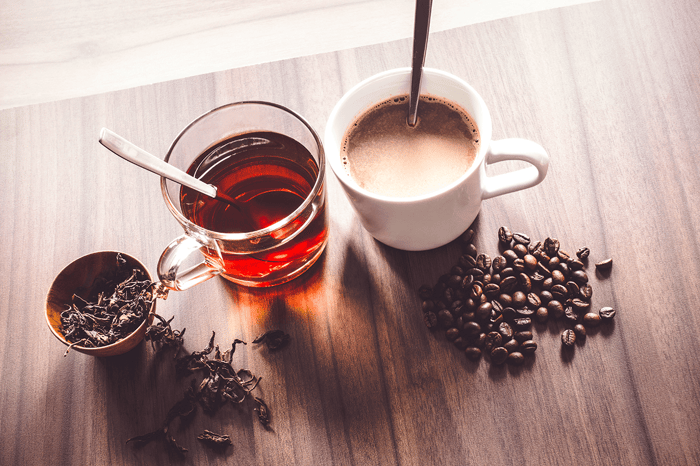Picture it: It's morning. 2005. Sicily.
No, wait. It was Cicero.
No—Cici's Pizza. That's it.
It's the morning after your 30th birthday and you're trying to piece together what happened the night before like people do in movies sometimes.
You remember all of your friends being there, and that everyone was talking about how great you looked for your age, but after the point where the bear on a unicycle entered the room—it's a total blur.
As you sip on your morning coffee, you notice you do look pretty good for your age. You wonder aloud if caffeine could be one of the things helping to fight the effects of aging on the human body. The bear in the corner grumbles thoughtfully.
We've all been there. It's an eminently relatable story. Eminently relatable!
In your endless quest for eternal youth—emptying the store aisles of endless anti-aging creams, bee venom facials, and Kardashian cryogenic snail secretions—you may have overlooked the potential benefits in your daily cup of coffee.

It’s true: Caffeine has been found in studies to have a variety of health advantages as far as “anti-aging” goes.
The first is that it seems to help combat some of the effects of inflammation, which generally becomes more commonplace as you age. (Ask any old person. Not me, a different one.)
Inflammation, which occurs when the body's tissues are injured or damaged, can be detrimental to your overall health.
While there is no direct line linking a high degree of inflammation and mortality, chronic inflammation is thought to contribute to such illnesses as Alzheimer's disease, dementia, osteoarthritis, cardiovascular disease, and many cancers.
Scientists think that this is why these types of conditions become more common and tend to increase in crappiness as we get older.
David Furman, PhD of Stanford University and the rest of the study team recently published the results of a study where they found more evidence to have anti-inflammatory effects on the body. Furman noted that a lot of diseases we tend to associate with getting older are “not really diseases of aging, per se, but rather diseases of inflammation.”
"The more caffeine people consumed, the more protected they were against a chronic state of inflammation."
Wow.
Also, the results don't show any type of ceiling on the effects. That is: the heaviest caffeine users out of the study participants had the lowest levels of inflammatory gene pathway activity.
In this case, "heavy caffeine users" means 5 or more cups of coffee a day.
I should throw in that inflammation isn't always a "bad" thing that needs to be fixed. It plays an important role in immune defense—however, it definitely starts playing a bigger role in serious diseases as you age.

So with that caveat in mind, what can we learn from this so far? While caffeine isn't a definitive cure for all age-related disorders, it appears to aid in reducing inflammation.
These newer findings are backed up by an earlier 2012 study that found caffeine to be capable of reducing insulin signaling and cause people to eat less; two things that are linked to healthier, longer lives. (See Caffeine extends life span, improves healthspan, and delays age-associated pathology in Caenorhabditis elegans at https://www.ncbi.nlm.nih.gov/pmc/articles/PMC3922918/.)
Extreme Caffeine Coffee Variety Bundle

$38.49
Black Insomnia Classic and Dark Roast Bundle Black Insomnia Coffee contains 6x more caffeine energy to jump start your day Caffeine content comes from a carefully selected blend of Arabica and Fine Robusta beans We roast our beans using an… read more
So while coffee can't turn back the clock, your daily cup of joe could be one of the things that's helping to keep you looking so young and sprightly. Sounds like a pretty good deal to me.






